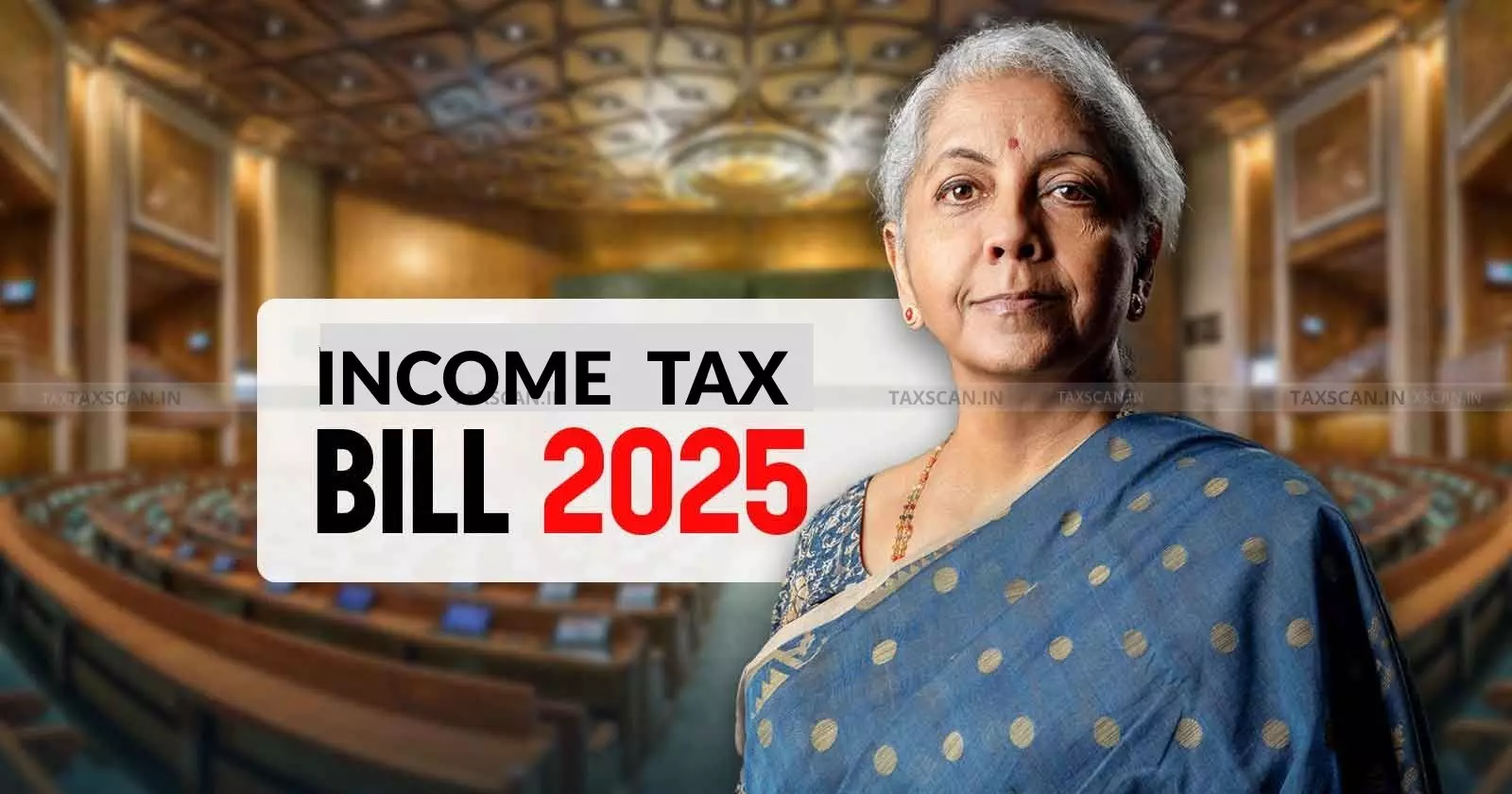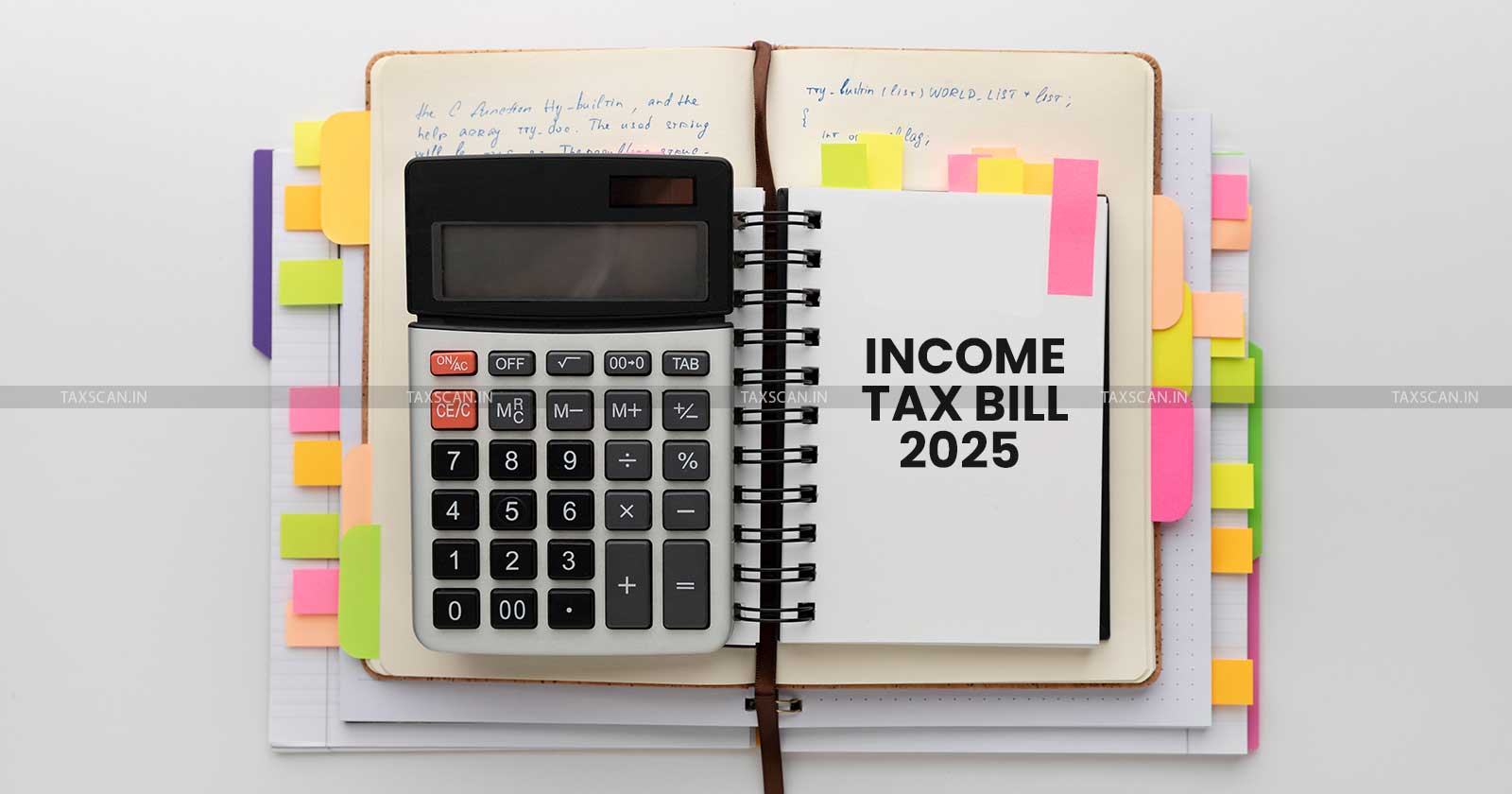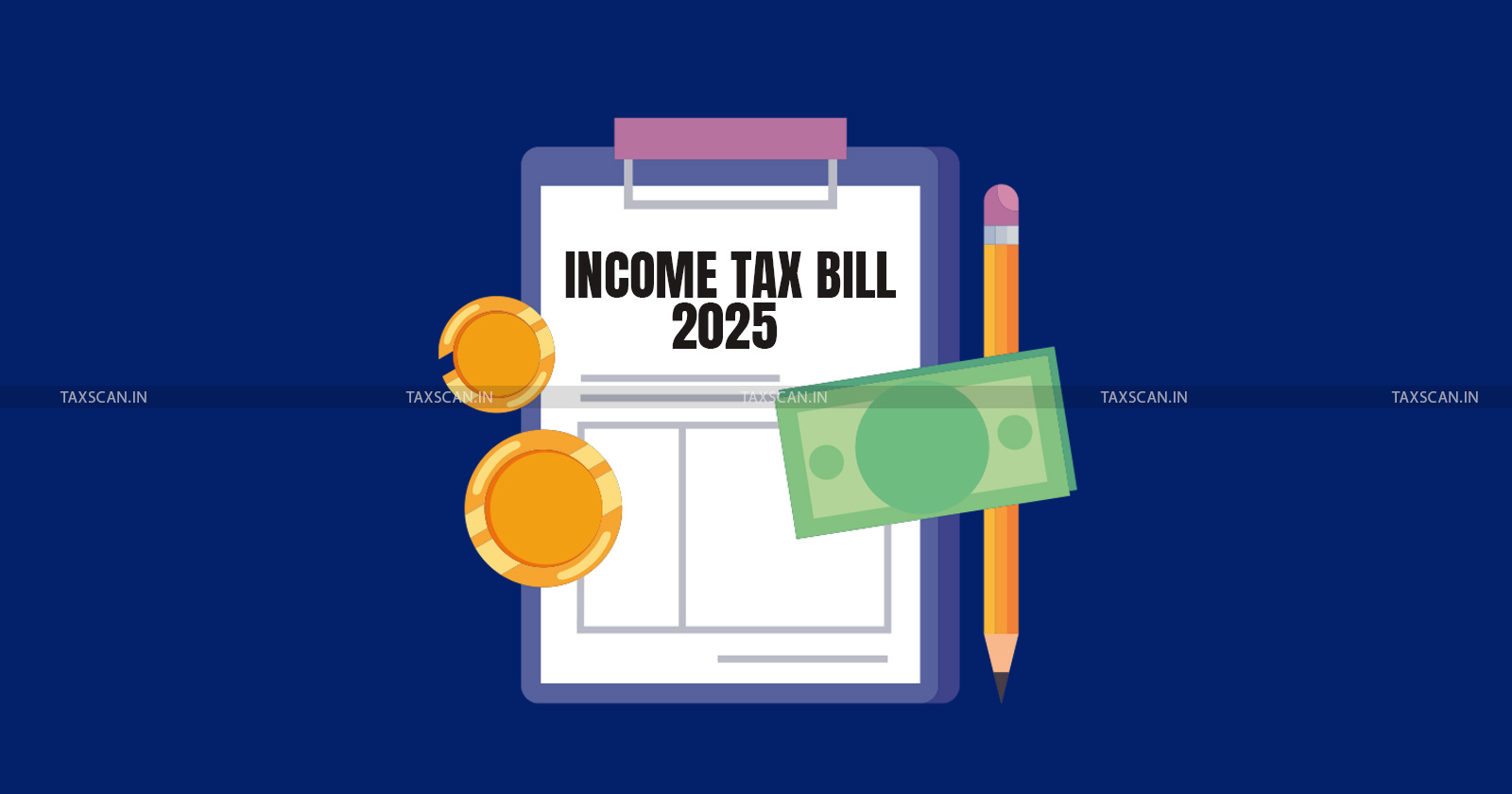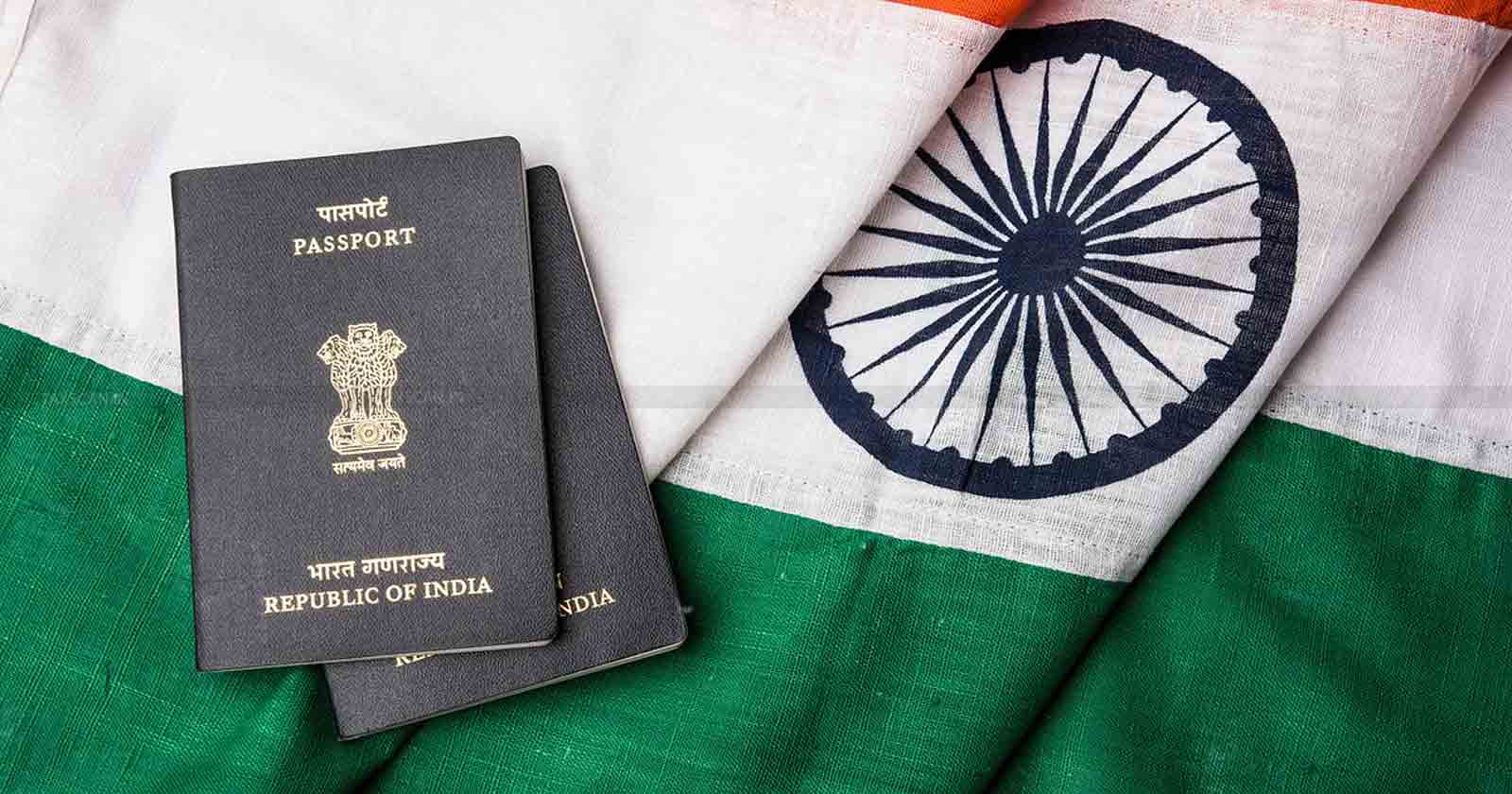Income Tax Bill 2025: Select Committee to Table Parliamentary Panel Report in Lok Sabha on 21 July
The Income Tax Bill 2025 looks to do a complete overhaul of the age-old Income Tax Act, 1961

The Select Committee report on the landmark Income Tax Bill 2025 is set to be tabled in the Lok Sabha on July 21, coinciding with the opening day of the Parliament’s Monsoon session. The tabling of the panel report marks a crucial step in the long-awaited overhaul of India’s direct tax regime, set in place by the Income Tax Act, 1961.
The 31-member Select Committee appointed by Speaker Om Birla is chaired by BJP leader Baijayant Panda and was tasked with scrutinizing the bill after it was introduced by Finance Minister Nirmala Sitharaman on February 13 this year. Over several months of deliberations, the committee has come forward with 285 suggestions to the draft legislation, which aims to replace the six-decade-old Income Tax Act of 1961 with a more streamlined and taxpayer-friendly framework.
 Also Read:Parliamentary Panel endorses Controversial Provisions in Income Tax Bill 2025, retains Officer Access to WhatsApp, Digital Data
Also Read:Parliamentary Panel endorses Controversial Provisions in Income Tax Bill 2025, retains Officer Access to WhatsApp, Digital Data
The new Income Tax Bill is designed to minimize litigation and fresh interpretation of the law. Furthermore, the new bill has a reduced word count to about 2.6 lakh, almost half that of the existing act; the bill also cuts down the number of sections from 819 to 536. Chapters have been trimmed from 47 to 23, while technical provisions have been consolidated for simplicity and clarity.
The bill also replaces terms like ‘previous year’ and ‘assessment year’ with a single ‘tax year’, eliminating the two-stage process for determining taxable income. Exemptions and provisions relating to TDS and TCS have been reorganized into tables for better accessibility, and the chapter on not-for-profit organizations has been reworked in plain language.
While the panel focused on procedural clarity and technical drafting, it also retains some contentious provisions. A controversial point is the clause allowing tax officers to access digital data, including messages on WhatsApp, emails, and cloud storage as part of investigations where tax evasion is suspected.
This measure has sparked debate among privacy advocates and lawmakers, though the Ministry of Finance argues such provisions are necessary to modernize tax enforcement in the digital era and would not be utlizied to illicitly infringe upon the people’s privacy..
After the report is tabled, the government will review the committee’s recommendations and if required, seek Cabinet approval before putting the bill up for passage in the Lok Sabha.
The renewed tax law is set to be in force from April 1, 2026 following the outcome of the monsoon session of Parliament where it shall be extensively discussed song various other legislative reforms.
Support our journalism by subscribing to Taxscan premium. Follow us on Telegram for quick updates




